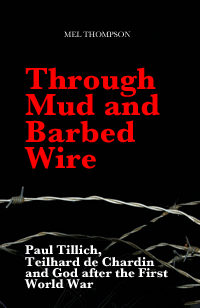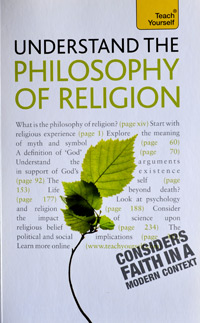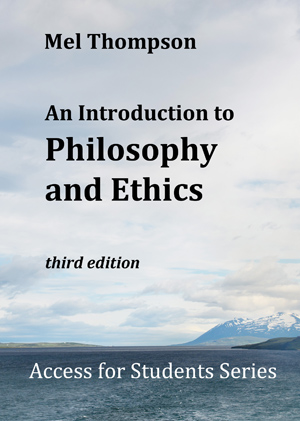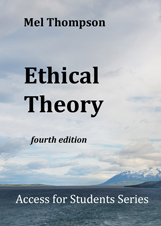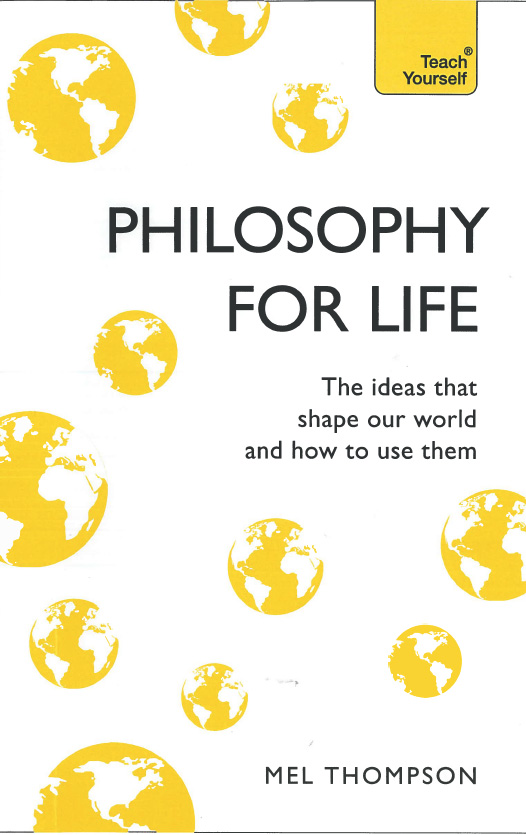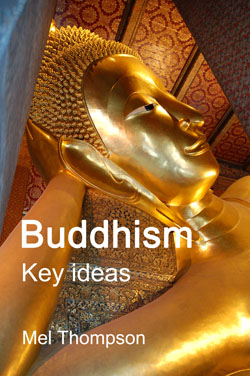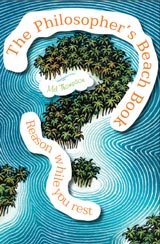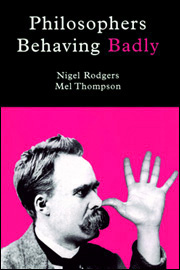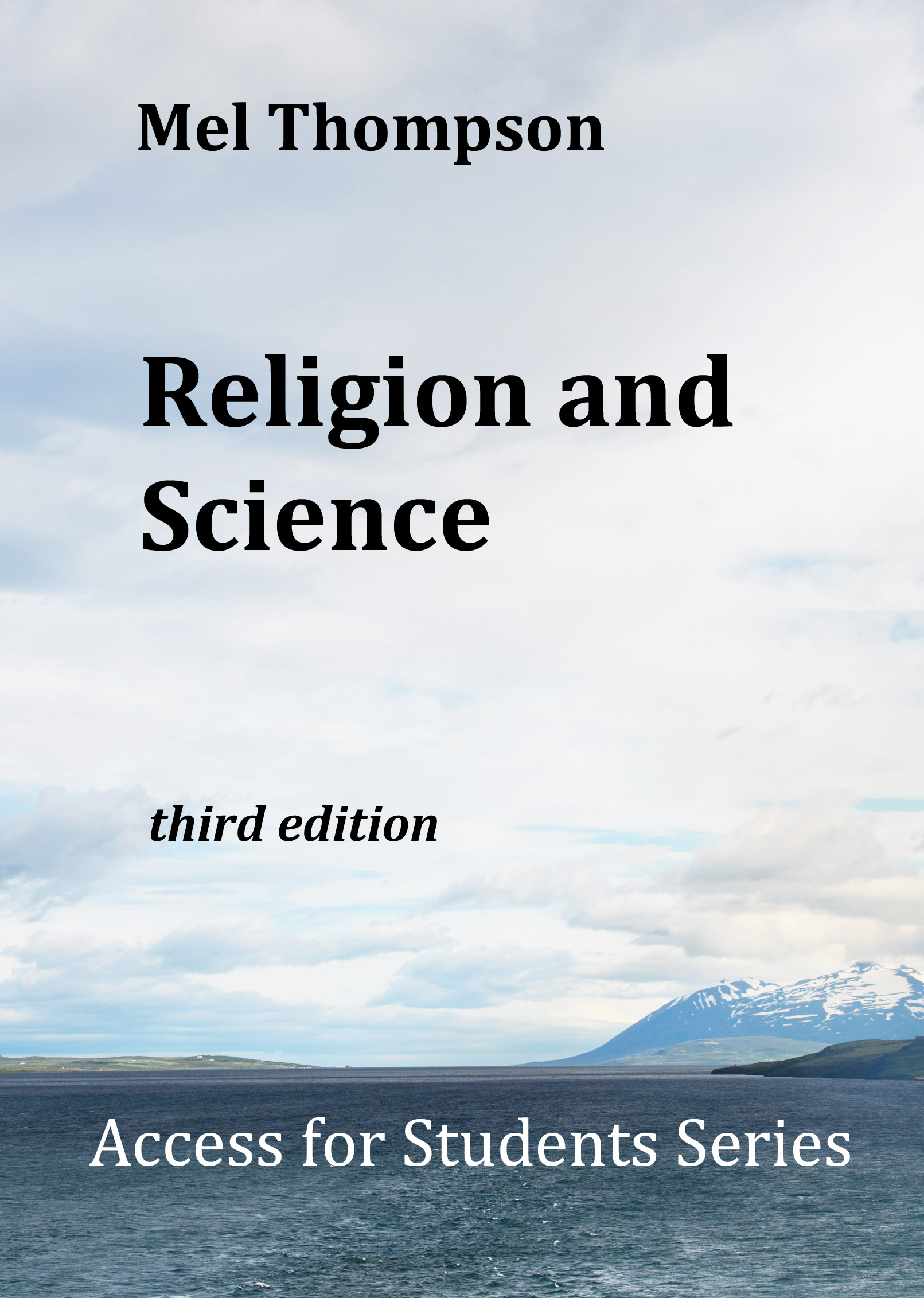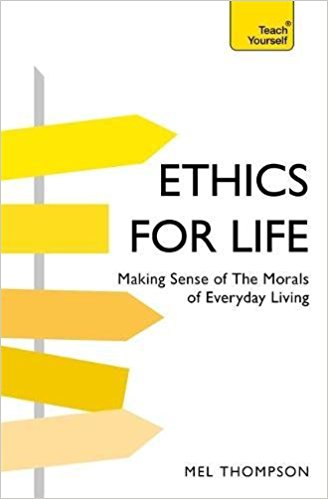Is the Philosophy of Religion a mistake?

Sensible advice from someone interested in philosophy? And what on earth have mountains and looking to do with Philosophy of Religion? Read on...
Contents
I blame the 13th, 17th and 18th centuries myself
Start with religious experience
God as adjective rather than noun
What are we talking about here?
Wittgenstein, Buddha and the front of your nose
Misleadingly straightforward?
If you look at most introductory texts, university courses or A-level syllabuses, the Philosophy of Religion seems a reasonably clear and well-defined subject. Start with the arguments for the existence of God, add the classic dilemmas about miracles (thank you, Hume for getting us started with such straightforward clarity), add the problem of evil (with a good dash of Irenaeus and Augustine, filtered through John Hick) and then move on to examine the nature of religious language (mainly in terms of what sort of knowledge it can yield) and perhaps a nod at religious experience (we all like a bit of spine-tingling-Otto-shaped-numen). It all adds up to a subject which appears to open up the key elements of Western religious belief to intellectual scrutiny. But what does it actually achieve?
I want to argue that, for all the intellectual fascination it can offer, its overall impact in terms of a sensitive understanding of religion is almost entirely negative. Worse, in offering an implicit definition of religion in terms of a set of propositions to be accepted by the faithful and rejected by atheists, it is a subject designed to fail in its basic purpose.
Do arguments change anything?
Unless I am mistaken in my discussions with people over the years, or my reading endless A -level examination essays, or responding to questions and comments after talks to students, few people find their fundamental view of life changed by the arguments presented within the Philosophy of Religion – and where there is change, it is almost always in the direction of giving up naïve and musty religious ideas in favour of the clear air of secular reason, a kind of liberation from things half-believed. No doubt there are exceptions to that, and you may claim that the Cosmological Argument changed your life and grounded your religious belief, but – if that is your situation – I would then want to question whether the argument was your only, or principal, reason to change your view, or whether it built upon an experience or a longing that you were already experiencing, just waiting for some intellectual permission to take the spiritual plunge. In reality, most people who practice a religion (and here I’m mainly thinking about Christianity, since that is the religion of most people with whom I’ve discussed these things) find that the arguments in the Philosophy of Religion are interesting, challenging to their beliefs, but not life-changing. They cling to belief in a God of love in spite of the problem of evil; they understand Hume’s argument about miracles, but nevertheless see God as active in their lives, transforming situations for the better. At the other end of the scale, most atheists will set about picking holes in the arguments, and are highly unlikely to engage with them sensitively.
In some other areas of philosophy – Ethics or Political Philosophy, for example – the idea is to engage with a subject, explore its presuppositions and gain a broader appreciation of its place in the sphere of human experience. Hopefully, the person studying ethics is able to be more sensitive to people’s moral arguments, and is helped in making moral choices by the range of arguments studied. Political Philosophy digs down into the presuppositions of political ideas – it may not tell you how to vote, but it will better inform your judgment in such matters. In these terms, the Philosophy of Religion may appear to give belief an intellectual grounding, but I’m not convinced that it does so for most people. So why might that be?
I blame the 13th, 17th and 18th centuries myself
I believe the problem lies in two historical periods. The first reflects the rediscovery of Aristotelian philosophy and the growth of European universities in the 13th century. Key here is Aquinas, who sought to express Christian beliefs using Aristotelian terms. His arguments for the existence of God effectively establish ‘God’ as the term for an overall rationality and purpose in the universe. This had the effect of making God ‘objective’ – effectively identifying him with the structure of reality – and so placing him within the sphere of thought that included rational analysis and the physical sciences. It is hardly surprising that, in the 21st century, our knowledge of the physical universe is such that Aquinas’ arguments are at best seen as indicating the overall sense of what God is about, rather than as a proof of his existence – for we do not (and cannot) link a religious concept with the universe of which 99% is beyond our perception. Although beyond this briefest of historical references, it is instructive to compare Aquinas with the earlier Anselm, and his ‘faith seeking understanding’, where his famous ‘ontological argument’ depends upon the nature of human awareness rather than an existence that is separated from the religious discourse. ‘That than which no greater can be conceived‘ is exactly that – something experienced as objective (i.e. as transcending the self) but at the same time an expression of the human quest for meaning. [There is far more to be explored in terms of the contrast between Anselm and Aquinas here, but there is no scope to go into that here.] The second historical period spans the work of Descartes, Hume and Kant. Here it is the theory of knowledge that provides the background to religious questions, and with it the absolutely and essential distinction between the object and subject. The question is then whether God exists in any objective sense.
Reviewing the Philosophy of Religion as a subject, it is remarkable how much of what is studied is linked, directly or indirectly, to those two historical periods. But I want to argue that this is exactly where the Philosophy of Religion goes wrong. It attempts to place religious concepts within an overall secular philosophy that is concerned with both epistemology and metaphysics (i.e. both the theory of knowledge and the most general framework of thought that attempts to express reality). In this context, God becomes a possible object of knowledge – an object which increasingly becomes intellectually redundant. The logical outcome of this framework for the Philosophy of Religion is atheism, for the framework has already distanced the question of God’s existence from its origin in religious experience.
Start with religious experience
In my own introduction to the Philosophy of Religion, I started with a chapter on religious experience, on the grounds that without such experience there would be no religion, and hence no beliefs about which philosophy could frame questions. Too often, in my view, religious experience is regarded as one topic among others, something that can exist quite independent of arguments for the existence of God. But to me that makes no sense. ‘God’ is a word some people use in order to describe the sense of the absolute, the holy, the rich depth of experience that contrasts with our habitual superficiality. ‘God’ is not an object that exists independent of our experience and is then linked to it as cause to our experienced effect; ‘God’ – if that word is to be used at all – is about that experience; signifying that it is ‘deep’ rather than superficial, absolute rather than partial, universal rather than limited.
'God' as adjective rather than noun
If we could start again, I would opt for ‘God’ to be an adjective or an adverb, rather than a noun or (worse) a proper name. In its unquestioning acceptance of the philosophical agenda, the Philosophy of Religion kills off its subject before its arguments even get going.
Time and again, even in the days (now almost 40 years ago) when I was still an ordained priest in the Church of England, I turned from such arguments convinced that atheism was the only honest answer. I could not even start to believe in the sort of God being debated (whether in terms of the traditional arguments for his existence, or miracles, or the problem of evil). What I did not fully appreciate at the time was that my problem was not with the answer but with the question. The philosophy of religion ensured that I was to think of myself as an atheist, because the philosophy of religion too often presented and debated a totally inadequate concept of God.
There is, of course, a fundamental difference between Theology and the Philosophy of Religion. But bluntly, theology takes place within the context of religious discourse and practice, while philosophy of religion takes place outside it. Theology takes an idea or a story and asks what it means for us. What is its significance? What moral demand does it make? To which of our emotions does it appeal? There is rich symbolism, profoundly moving, in some religious rituals or the images that still struggle to survive beneath the tinsel of a modern Christmas. Can there be any deeper expression of what human community is about than a simple act of sharing bread or wine, or a sense of being cleansed and forgiven than an adult baptism? If these things touch the bedrock of human experience, then that bedrock may be called ‘God’. Ask if God ‘exists’ and you have already missed the point!
Missing the point...
And here’s my complaint. Philosophy of Religion, more often than not, encourages students to miss the point. I diverts attention away from the richness of human experience and towards metaphysical impossibilities. There is often more theology in the study of English than Philosophy of Religion – unpack any great work of literature and you engage with ‘being itself’, with the depths of human experience, for good or ill.
And if we’re into complaints, I have another. The problem I found with organized religion is that it is all too easy (given the background assumptions in the Philosophy of Religion) to take Biblical narratives and church doctrines as though they were literally true. Severed from their often painful roots, laid out in superficial take-it-or-leave-it terms, they become a parody of the struggle to understand life. Crudely put: Tick this box and you’re saved! The ultimate enemy of religious truth is smugness; knowing that hidden secret that guarantees your superiority over the multitude. And that is possible because literal interpretations of scripture and the superficiality of the Philosophy of Religion conspire to create a caricature of religion that is all too appealing to the spiritually insecure.
What are we talking about here?
So, in dealing with the Philosophy of Religion, I’d want to stand back and ask ‘What experienced reality are we talking about here? What is the context of this argument? What does it mean for individuals or for society?’ Only once it is so rooted in our experience that the very question of whether God exists or not is seen as plain silliness, will the Philosophy or Religion reveal its true value. In that sense, I believe that the Philosophy of Religion, as commonly presented, is guaranteed to fail in its assumed task of examining and understanding religion.
So perhaps we're back to the mountains and my original suggestion that we should look rather than think - a suggestion that I am happy to borrow from Wittgenstein. An engaged exploration of the depths of our experience of life? To me, that is a fundamental requirement for all education, Religious or not. It is the religious or ultimate dimension that informs the best literature, theatre and art.
Wittgenstein, Buddha and the front of your nose
My view of the operation of Philosophy of Religion follows the advice of both Wittgenstein and the Buddha,. Once you have used a ladder to climb up, you can discard it, or - following Buddha - nothing would be more ridiculous to encumber oneself by trying to carry a boat over dry land once it had been used as an effective means of crossing a river. At best, the Philosophy of Religion raises questions, hints at answers that are always just beyond our literal grasp, probes fundamental values. Like the ladder or the boat, it is a means of getting from one place to another. Whatever the reality is to which the name 'God' may be given, it is that 'within which we live, move and have our being'; it is what is in front of your nose, not something that might or might not exist elsewhere.
© Mel Thompson, 2015

